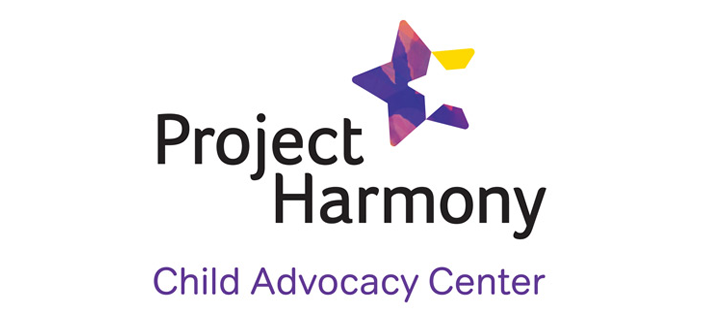Project Harmony Offers Tips to Keep Kids Safe Online in Honor of National Technology Day
In honor of National Technology Day on Thursday, January 6, Project Harmony (www.projectharmony.com) wants to bring attention to the technology in our children’s lives.
Did your son or daughter receive a new technology device this holiday season? For the first time, they now have access to texting, downloading music, taking and receiving photos, instant messaging, social media apps, watching videos, and more. In addition to this, they have access to being bullied or engaging in bullying behavior, meeting strangers, and talking to people who are not necessarily who they say they are. That’s a lot of access at the tips of our children’s fingers – not to mention that is a lot to manage as a parent. Project Harmony offers some general tips and guidance to help you navigate this new part of your child’s life.
1. Make sure your child’s school or other youth-serving organizations have and enforce communication policies that protect children. Teachers and other youth workers should not be communicating privately with children. Instead, they should use group texts, messages, or other communications that include parents.
2. Tell your children to never give out identifying information such as their name, address, neighborhood, phone number, school information, or extracurricular activities.
3. Tell your children to let you know immediately if someone asks for pictures or personal information.
4. Be aware of what apps your kids are using and know their capabilities. Is there a chat function? Are they chatting or playing with strangers?
5. Set reasonable time limits on computers and smartphones. Have rules around where devices are kept and can be used.
6. Use a parent or caregiver’s name and email when signing up for games or apps. This ensures you are the primary contact rather than your child.
7. Talk to your children about inappropriate questions and language. Use age-appropriate examples.
8. Smartphones and tablets have a location services feature that allows devices to broadcast their location to the user’s apps and contacts. Ensure this feature is turned off.
9. For older kids, talk to them about sexting and cyberbullying. Explain the long-term consequences of sending sexual messages or pictures. Discuss the dangers and permanence of communication sent digitally, even if it claims to be private or self-destructing.
10. Let your children know you respect their privacy, but will periodically monitor use, including emails, photos, messaging, and apps. Like most conversations about safety, this is an ongoing one. Check-in often and remind your children that they can talk to you about anything and that they can come to you if anyone makes them uncomfortable.
Project Harmony is a nonprofit, community-based organization that has served more than 48,000 children during the past 25 years by providing a child friendly environment in which specially-trained professionals work together to assess, investigate, and resolve child abuse cases. Project Harmony exists to protect and support children, collaborate with professionals, and engage the community to end child abuse and neglect. To learn more about Project Harmony, visit www.projectharmony.com or call (402) 595-1326.

